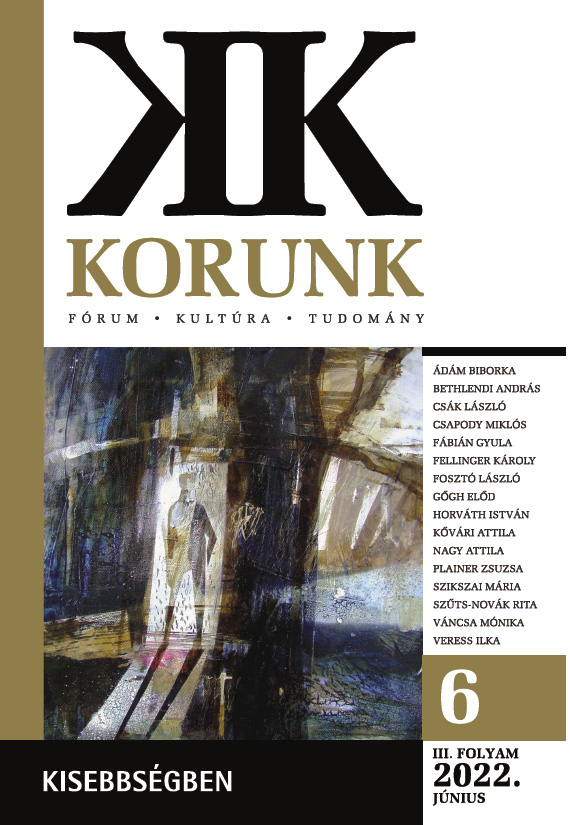Népiség és erdélyiség
Populism and Transylvanism
Author(s): Miklós CsapodySubject(s): Hungarian Literature
Published by: Korunk Baráti Társaság
Keywords: populism; Transylvanism; Hungary; literature; Endre Ady
Summary/Abstract: The populist movement, the most important Hungarian current of ideas of the first half of the 20th century, was the search for an ideological path of the intellectuals of Hungary regaining its statehood (the majority), while Transylvanism was invented by their counterparts in Transylvania who were in a subordinate position after the loss of their own state framework. It was not the “centre” of the motherland that spread the popular ideology to the Hungarian “peripheries” beyond its borders, but vice versa. Regionalism could become Transylvanism because it followed the old Transylvanian tradition of “tolerance and fairness”. While the right-wing and left-wing populists, plebeians, bourgeois radicals, liberals and neo-catholic conservatives who opposed the conservative power elite in Hungary wanted to modernise the country, the ideology of the early Transylvanian ideologues coincided almost entirely with the worldview of Endre Ady. This paper presents a sketchy comparative typology of the two schools of thought (ideology, institutions, social base, politics, and generations).
Journal: Korunk
- Issue Year: 2022
- Issue No: 06
- Page Range: 79-89
- Page Count: 11
- Language: Hungarian

